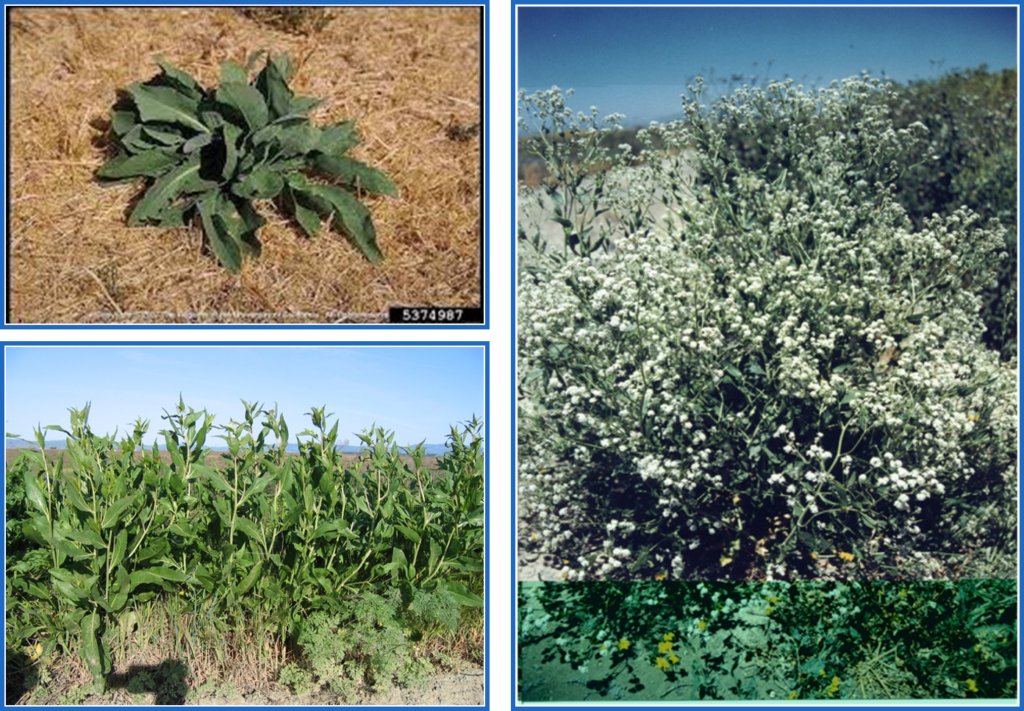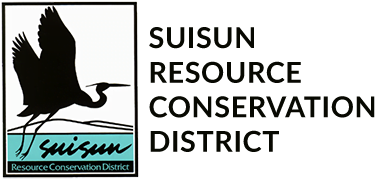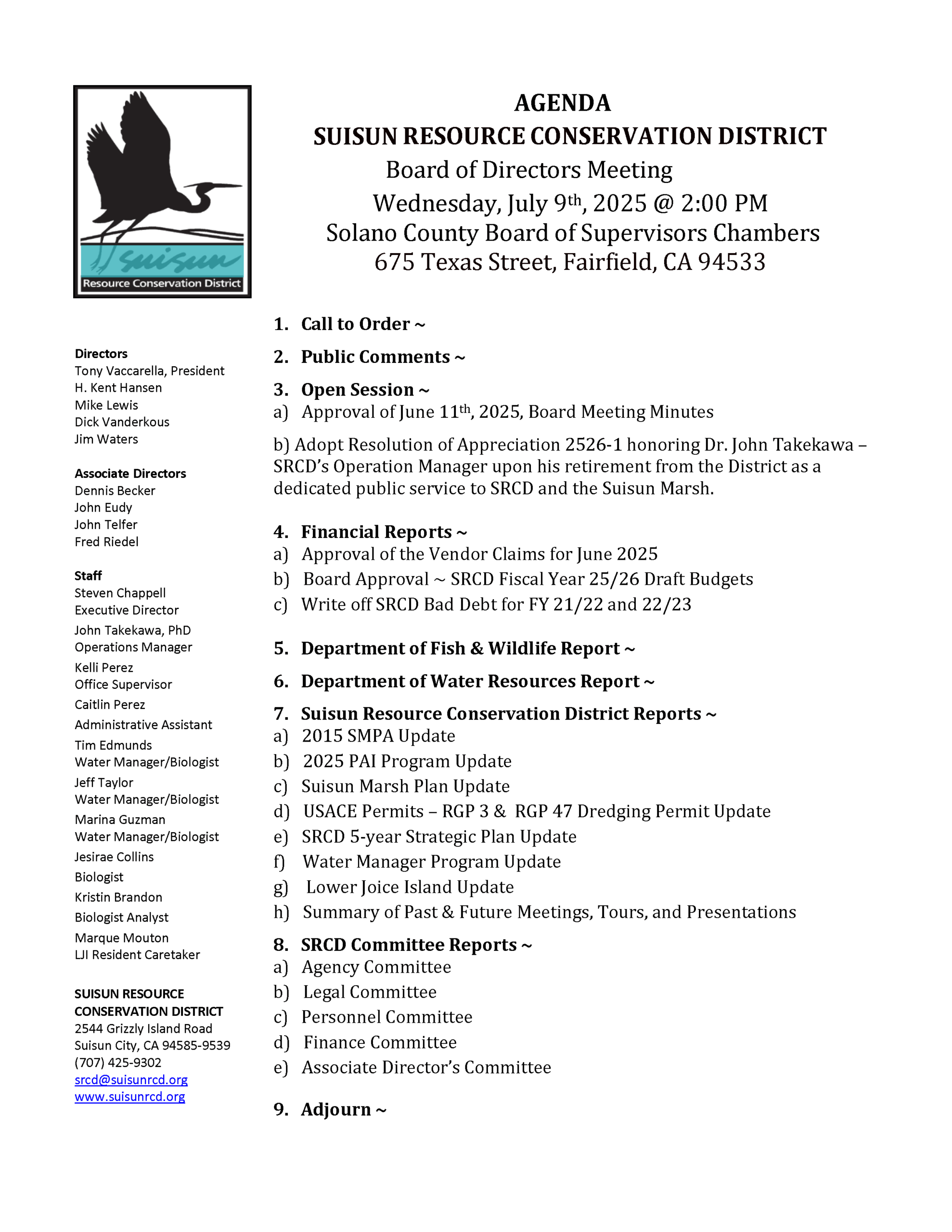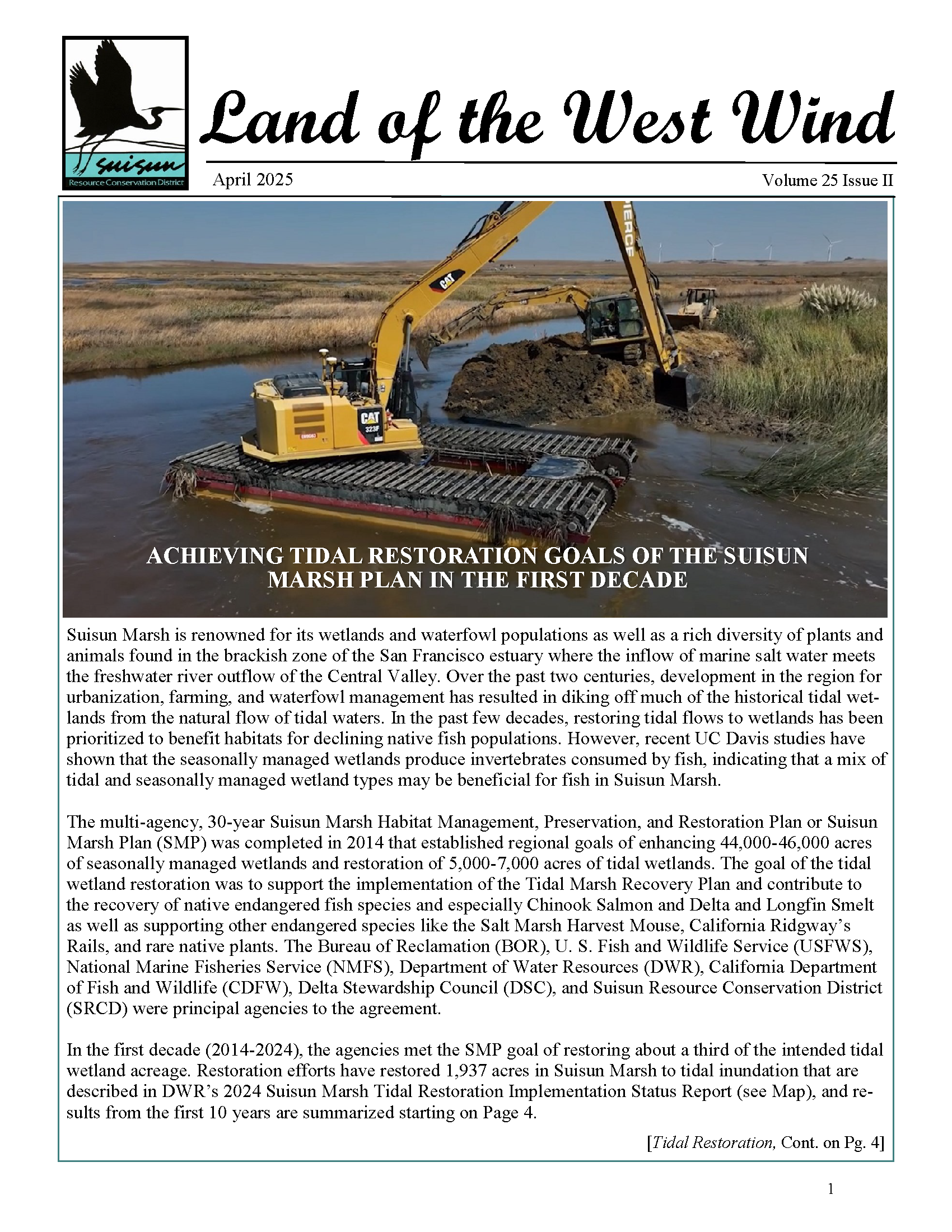Programs
Water Manager Program
The Suisun Resource Conservation District (SRCD) represents private landowners of the Suisun Marsh at the federal, state, and local levels. It supports several programs with a goal of providing support to landowners for their habitat management.
- Ensure proper water management and maximize the potential of an individual parcel
- Provide cooperative service and technical support to Suisun Marsh private landowners
- Answer questions and educate landowners on best management practices
- Promote effective and efficient use of channel water
- Benefit or avoid impacts to fisheries and protect sensitive species within managed wetlands
- Administer the portable pump program
- Monitor the operation of fish screen facilities and perform routine maintenance
- Assist landowners in avoiding mosquito production
See the map with Water Manager Zones here.
Portable Pump Program
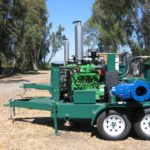
Under the Portable Pump Program, two types of pumps are available to the landowners (at a subsidized cost) to aid and enhance marsh habitats. Water managers oversee operation, maintenance, and distribution of the pumps. The pumps are available for draining operations (leach cycles) on individual ownerships and state-owned lands. There may be changes in the rental charge and prioritizing pump operations annually. Please review the information page on the most recent Pump Rental Agreement Form at the link below.
Preservation Agreement
The Preservation Agreement Implementation (PAI) Fund provides grant funding for activities needed to improve managed wetland facilities, operational efficiency and water management capabilities. Instructions for each cost-share program specify which types of habitat improvements may be eligible for participation.
Please click the links below for more information and the unified application:
2025 PAI Program Landowner Notification letter
2025 PAI Cost Share Fillable Application
Drainage Efficiency Improvement 50/50 Cost Share. This Program provides funds for infrastructure improvements necessary to improve leaching and drainage efficiency of individual clubs. Also, the 50/50 cost share also may be available to help offset the electrical and fuel costs to perform effective spring leach cycles.
Drainage Infrastructure Improvement 75/25 Cost Share. This Cost Share Program provides funds for infrastructure improvements necessary for the property to meet the 30-day flood and drain cycle objective for managed wetlands. Funds for this Program may not be used for maintenance of water control structures or for fish screens.
Joint-Use Facility Improvement 75/25 Cost Share. Joint use facilities are water control improvements used between two or more properties. Funds from this Program may not be used for maintenance of joint use facilities structures or fish screens.
Fall Flood-Up Program
The Fall Flood-Up Program is a joint facilitated program between the Solano County Mosquito Abatement District (SCMAD) and SRCD. The goal is to reduce production of mosquitoes during the flood up of the managed wetlands. Information regarding flood-up techniques and procedures to reduce mosquito production may be provided upon request. Landowners contact SCMAD and SRCD with their proposed dates for flooding their properties. SCMAD technicians inspect the property after the initial opening of the intake structures following the life cycle of the mosquito larvae. SCMAD will spray any properties that produce large quantities of mosquitoes, and cost share is provided when available.
Pest Weed Control Program
The main goal of Pest Weed Control Program is to control invasive weeds of the Suisun Marsh. SRCD offers advice on options including chemical purchases, application practices, and provides cost-share when available. The two primary invasive weeds in the Marsh are:
- Lepidium: grows in large concentrations along levee edges and areas within the Marsh that are not flooded year around. The plant changes the soil composition which can eliminate other plants from emerging once it has established itself. Best time to spray is before plant sets seed (mid April-May).
- Phragmites: grows in dense tall patches within semi-flooded and flooded areas in the Marsh. If left unmanaged, stands can consume entire pond areas and eliminate native and beneficial Marsh plants. Best time to spray is before seed set (mid-June to July).
Lepidium Identification:
